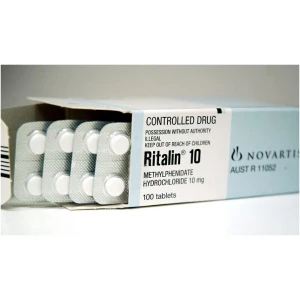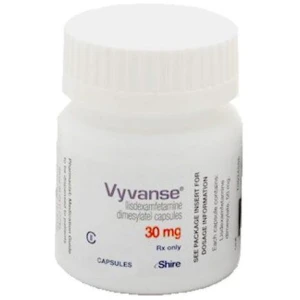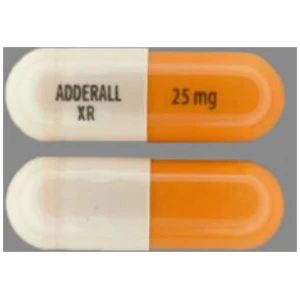Ritalin: Understanding Its Uses and Effects
Ritalin, known medically as methylphenidate, is a central nervous system stimulant primarily utilized in the treatment of Attention Deficit Hyperactivity Disorder (ADHD) and narcolepsy. Millions of individuals around the world rely on this medication to improve their concentration, decrease impulsivity, and enhance overall quality of life. However, various aspects surrounding Ritalin—from its mechanism of action to potential side effects—are often misunderstood. In this article, we’ll explore Ritalin in-depth and provide you with essential information.
What Is Ritalin and How Does It Work?
Ritalin is classified as a stimulant, which means it increases the levels of certain neurotransmitters in the brain—mainly dopamine and norepinephrine. These chemicals play a vital role in regulating attention, focus, and behavior. By enhancing the activity of these neurotransmitters, Ritalin helps individuals with ADHD to demonstrate improved concentration and better self-control.
What Conditions Does Ritalin Treat?
Beyond ADHD, Ritalin is also prescribed for narcolepsy, a condition characterized by uncontrollable sleepiness during daytime activities. Individuals with narcolepsy can experience sudden and overwhelming urges to sleep, affecting their daily functions. Ritalin aids in reducing these episodes, allowing individuals to remain alert and active.
Understanding Ritalin Dosage and Administration
When prescribed Ritalin, it’s crucial to follow a healthcare provider’s guidance regarding dosage. The medication is available in various forms, including immediate-release and extended-release tablets. Immediate-release forms are typically taken two to three times daily, while extended-release versions may be taken once a day. It’s essential to adhere to these recommendations to optimize effectiveness and minimize the risk of side effects.
Potential Side Effects of Ritalin
Like any medication, Ritalin comes with potential side effects. Common side effects may include:
– Increased heart rate
– Insomnia
– Loss of appetite
– Anxiety or nervousness
– Headaches
Most side effects are mild, and many individuals adapt to the medication over time. However, serious side effects can occur and include cardiovascular issues, mood changes, or hallucinations. It’s vital to communicate with a healthcare provider about any adverse reactions experienced.
The Importance of Professional Guidance
Ritalin should never be taken without a prescription or medical oversight. As a controlled substance, it has the potential for misuse and dependency, particularly among adolescents and young adults. Misuse can lead to severe health implications, including addiction or cardiovascular problems. Regular check-ups with a healthcare provider can help monitor the medication’s effectiveness while minimizing risks.
Ritalin’s Role in Behavioral Therapy
While Ritalin is effective for many individuals with ADHD, it is not a standalone solution. Behavioral therapy often complements the medication, providing strategies to manage symptoms. Parents and educators can work together to develop behavior modification plans, reinforcing positive behaviors and minimizing negative ones. Combining Ritalin with behavioral interventions can lead to more comprehensive improvements in an individual’s daily life.
The Controversy Around Ritalin Use
The use of Ritalin has sparked debates over the years. Some argue that it’s over-prescribed or that it unnecessarily labels children as disruptive. Others contend that for many, Ritalin is a life-changing intervention that enables better academic performance and emotional stability. It’s crucial to weigh the pros and cons while considering personal circumstances and medical history.
Alternatives to Ritalin
For those who may be hesitant about using stimulants, there are non-stimulant alternatives available for treating ADHD. Medications such as atomoxetine (Strattera) or guanfacine (Intuniv) offer different mechanisms of action and can be effective in managing symptoms without the same risk of dependency. Consulting with a healthcare provider can help identify the right treatment plan tailored to individual needs.
Conclusion: Is Ritalin Right for You?
Ritalin remains a widely-used treatment option for ADHD and narcolepsy, with proven effectiveness in enhancing focus and self-regulation. Understanding its uses, potential side effects, and the importance of professional guidance can help individuals make informed decisions. If you suspect that you or a loved one may benefit from Ritalin or similar interventions, a healthcare professional should be your first point of contact. Engaging in a collaborative approach can ensure that treatment is personalized and effective, leading to improved outcomes and a better quality of life.







Reviews
There are no reviews yet.